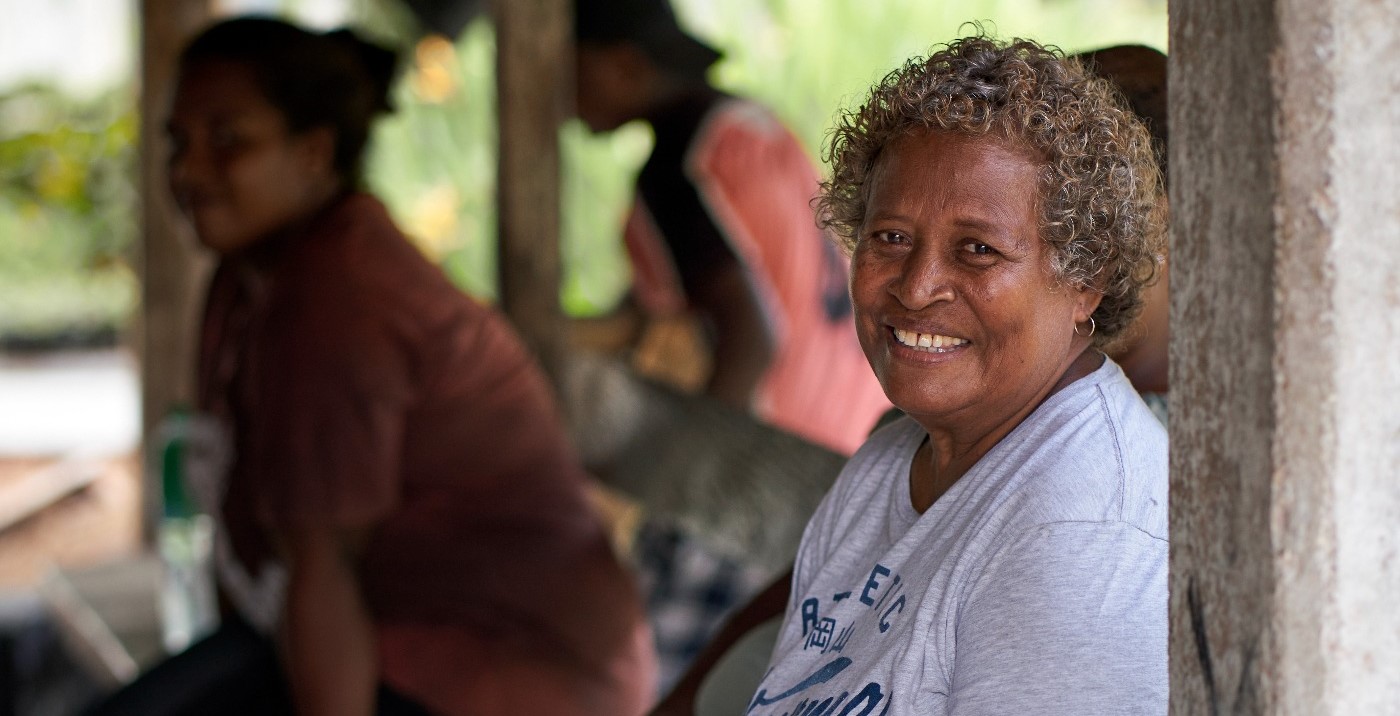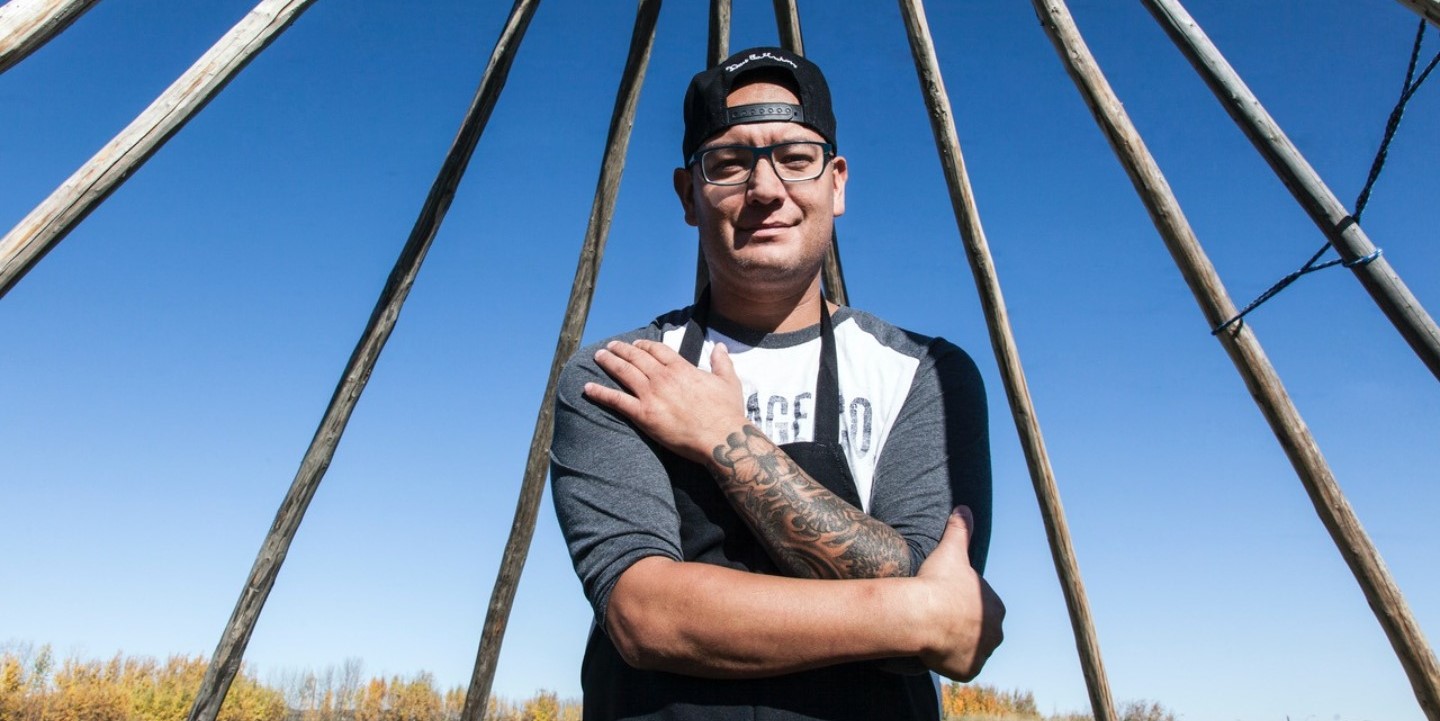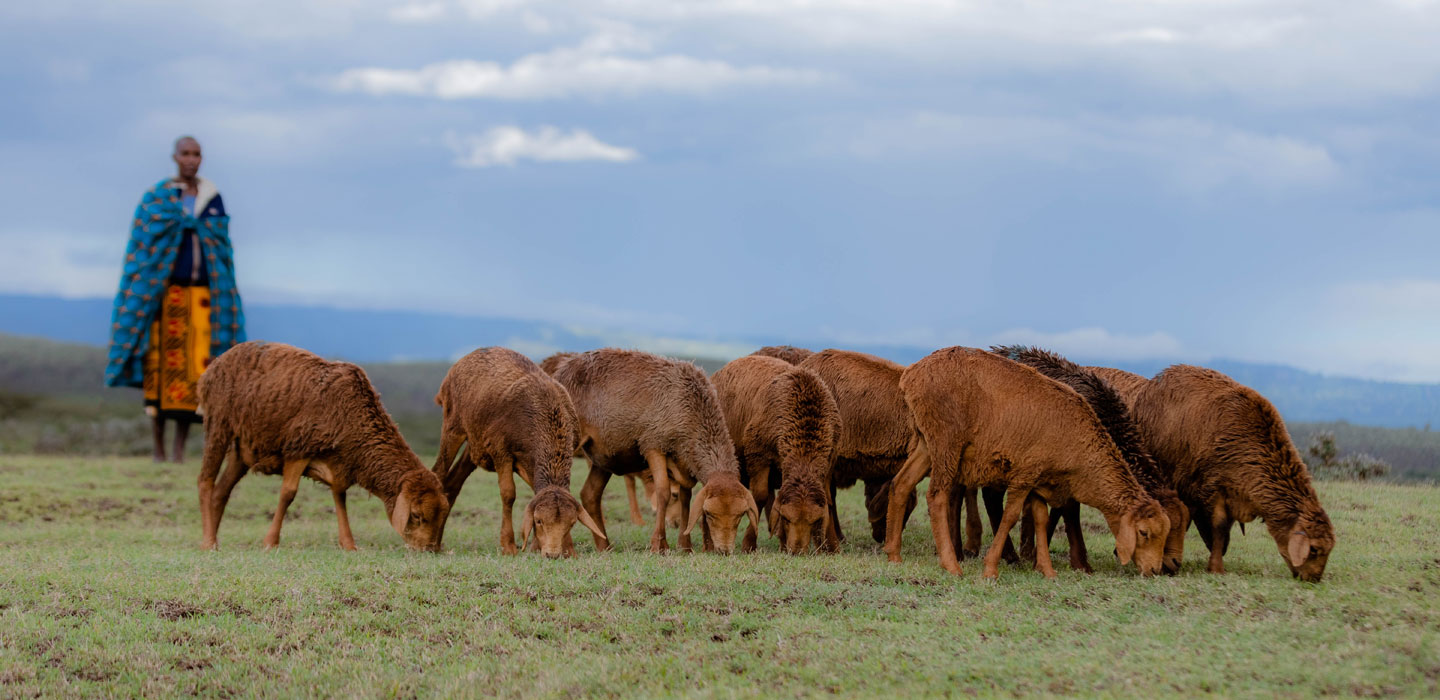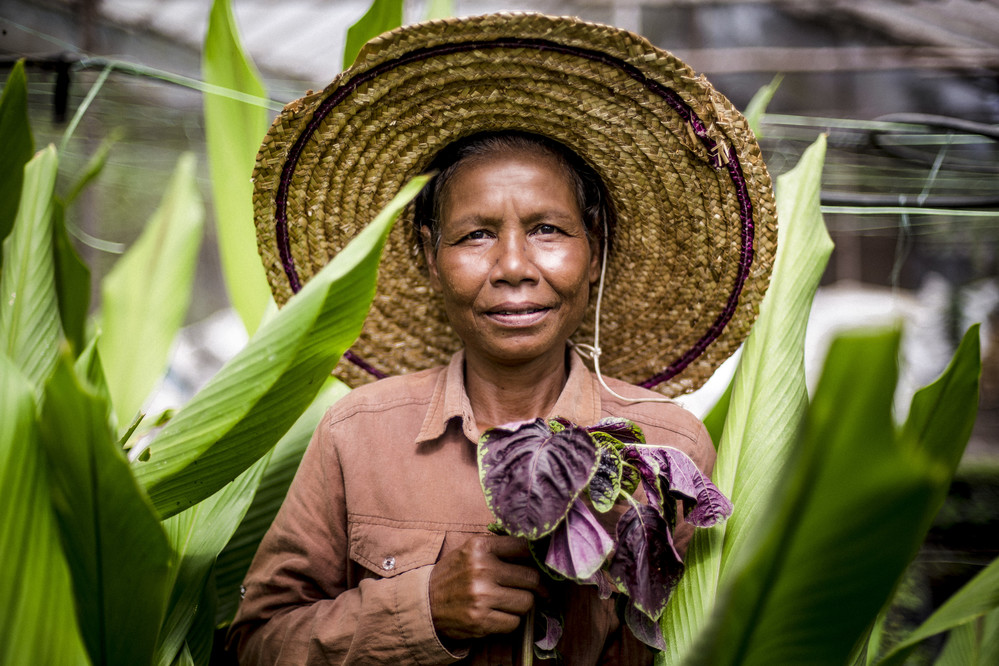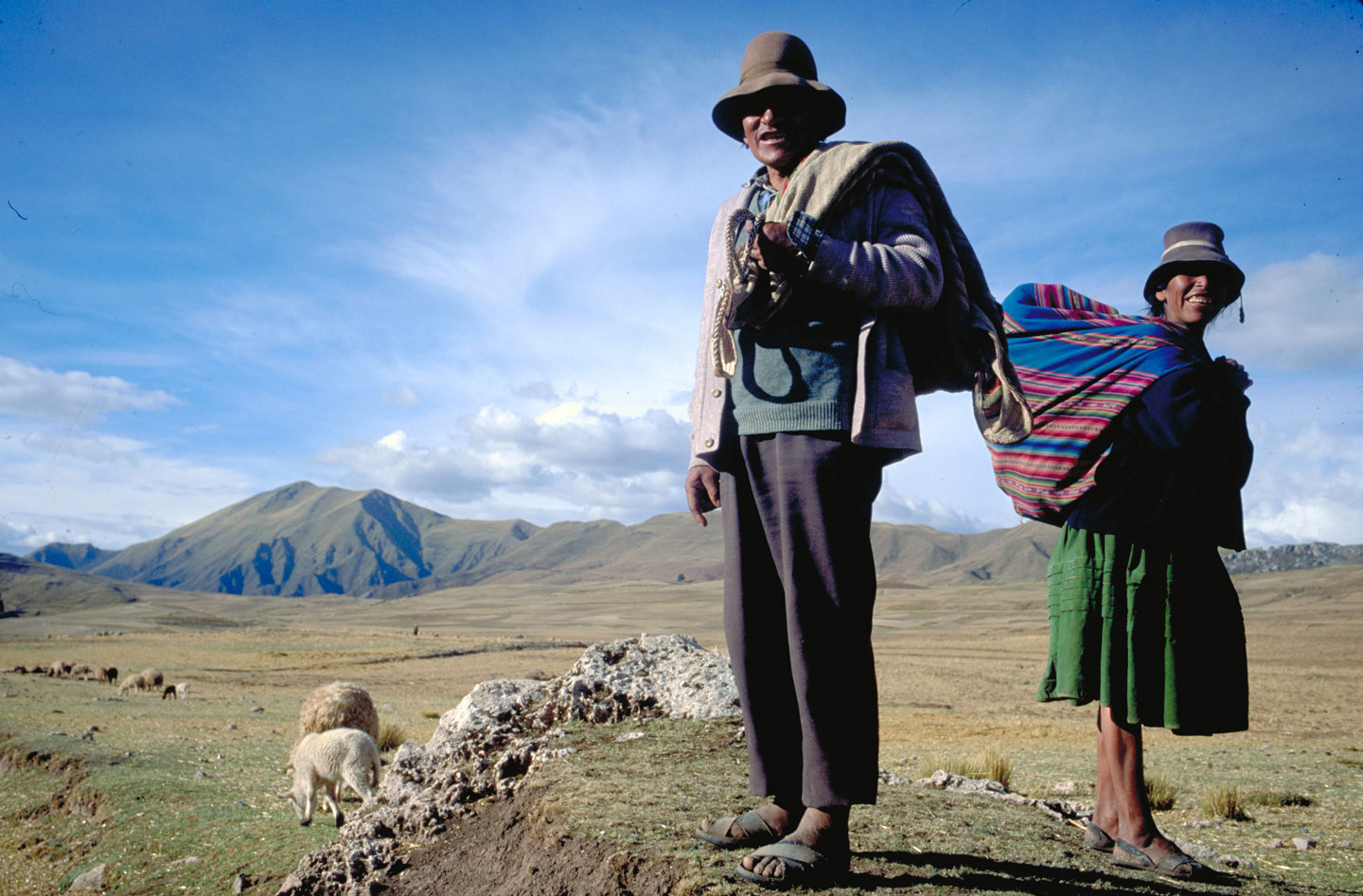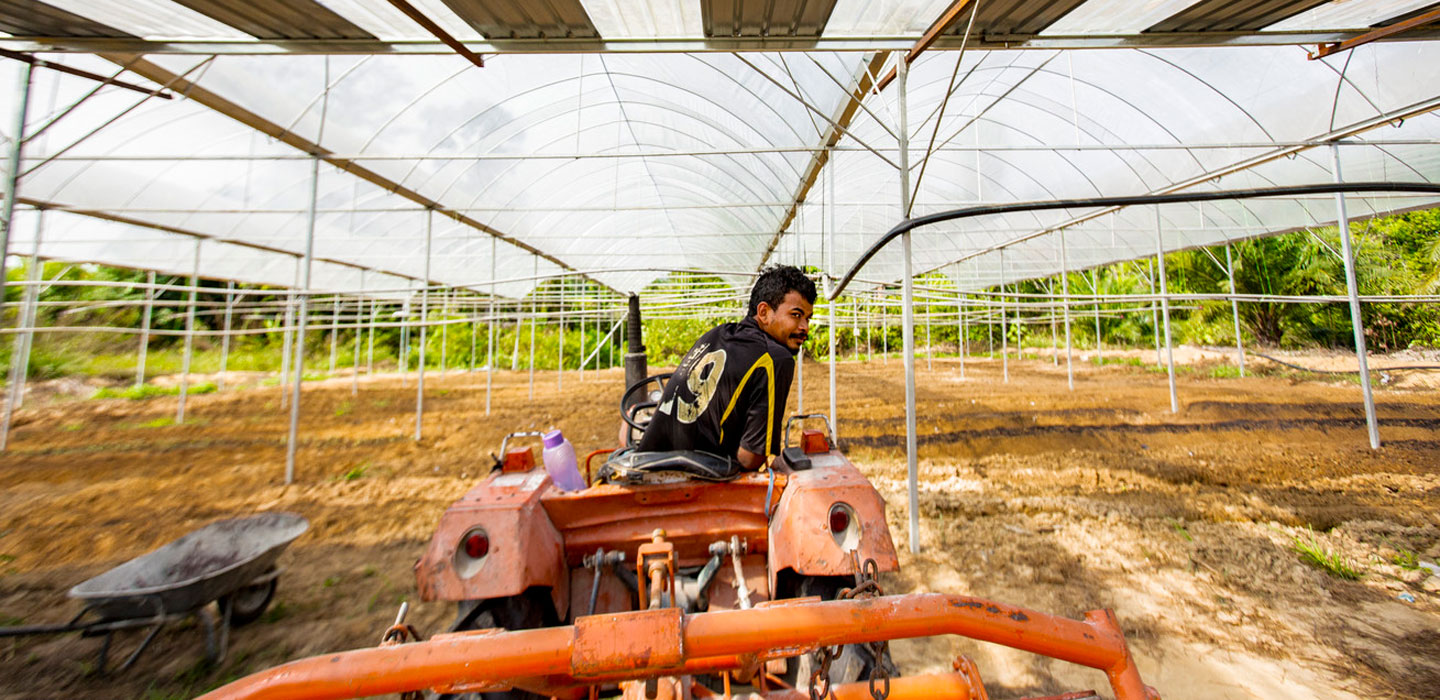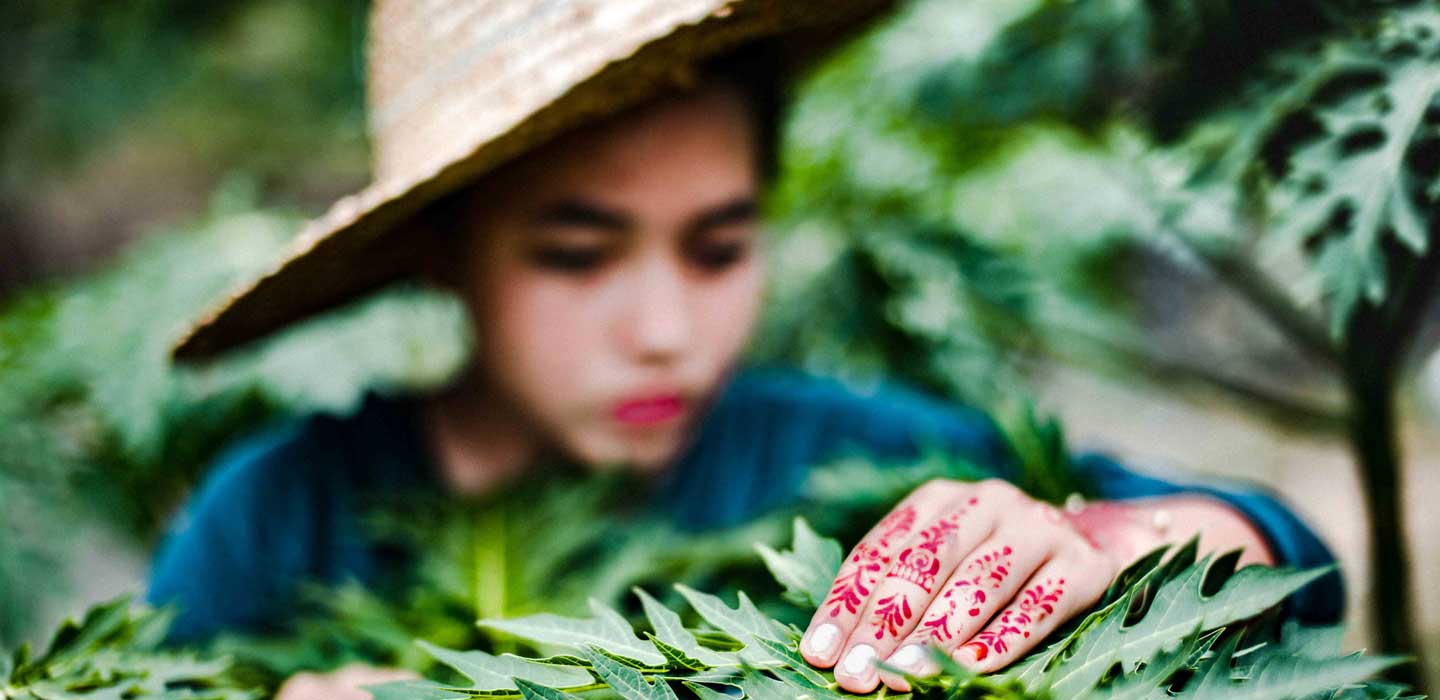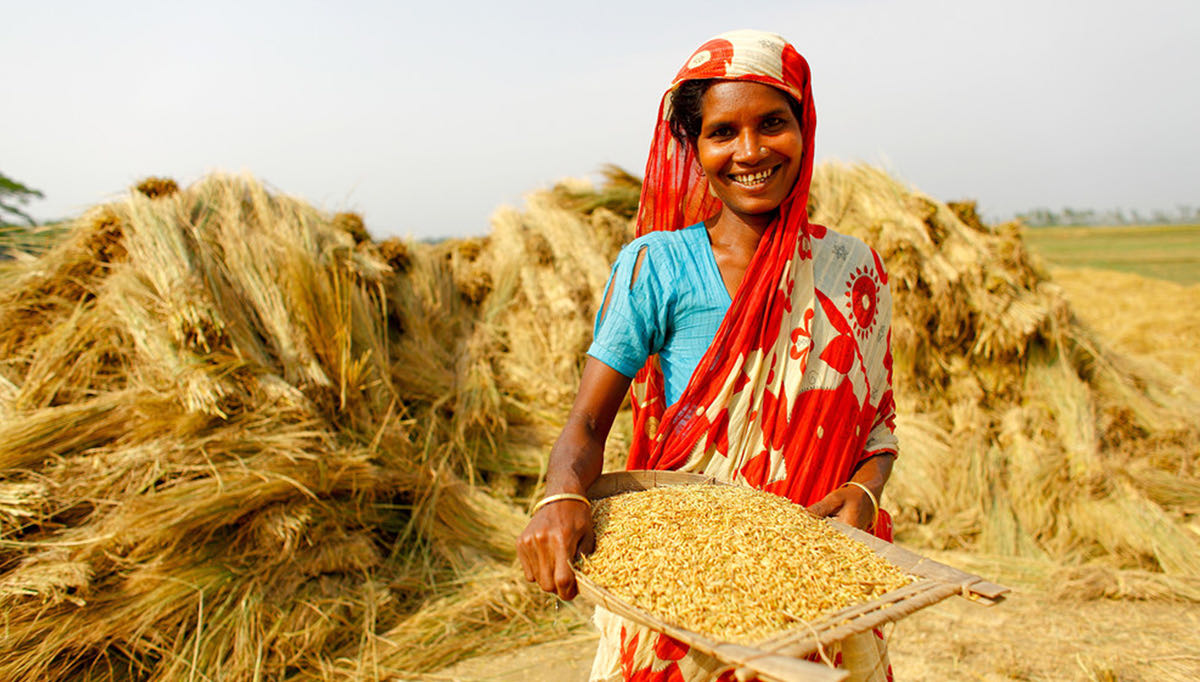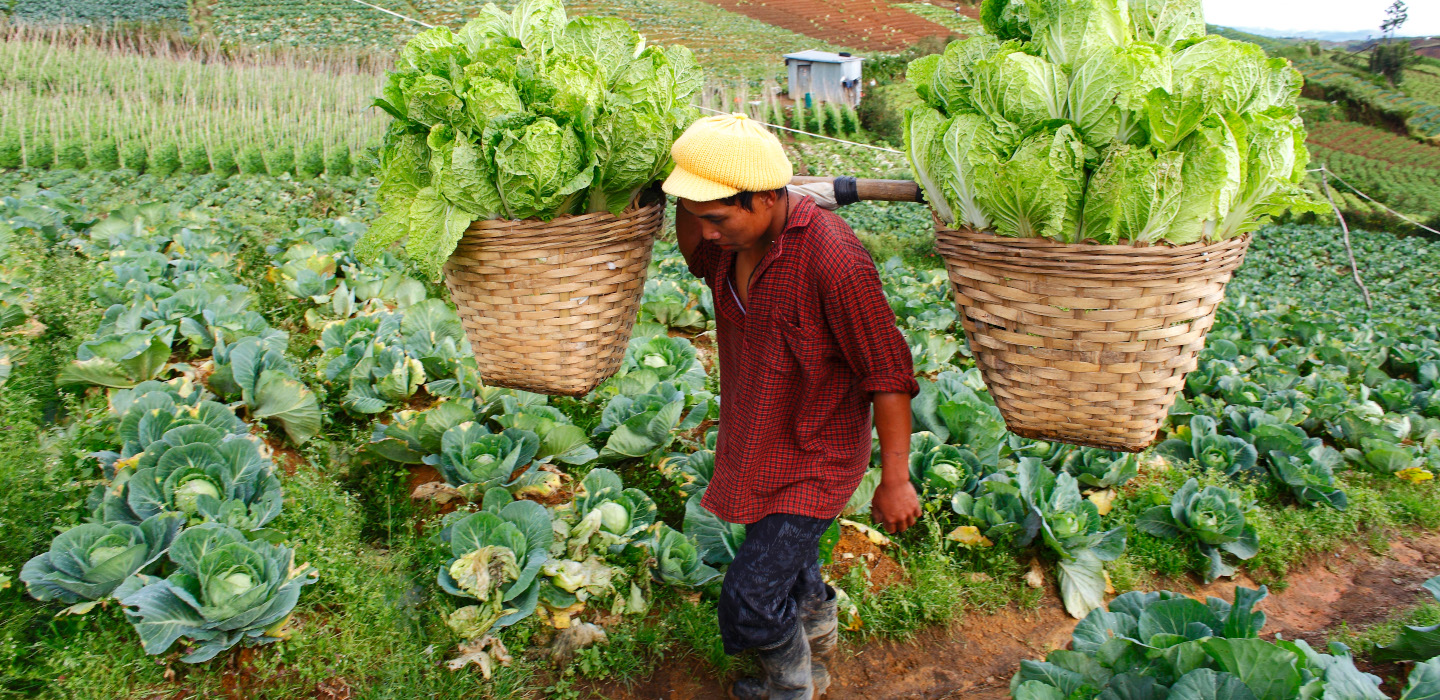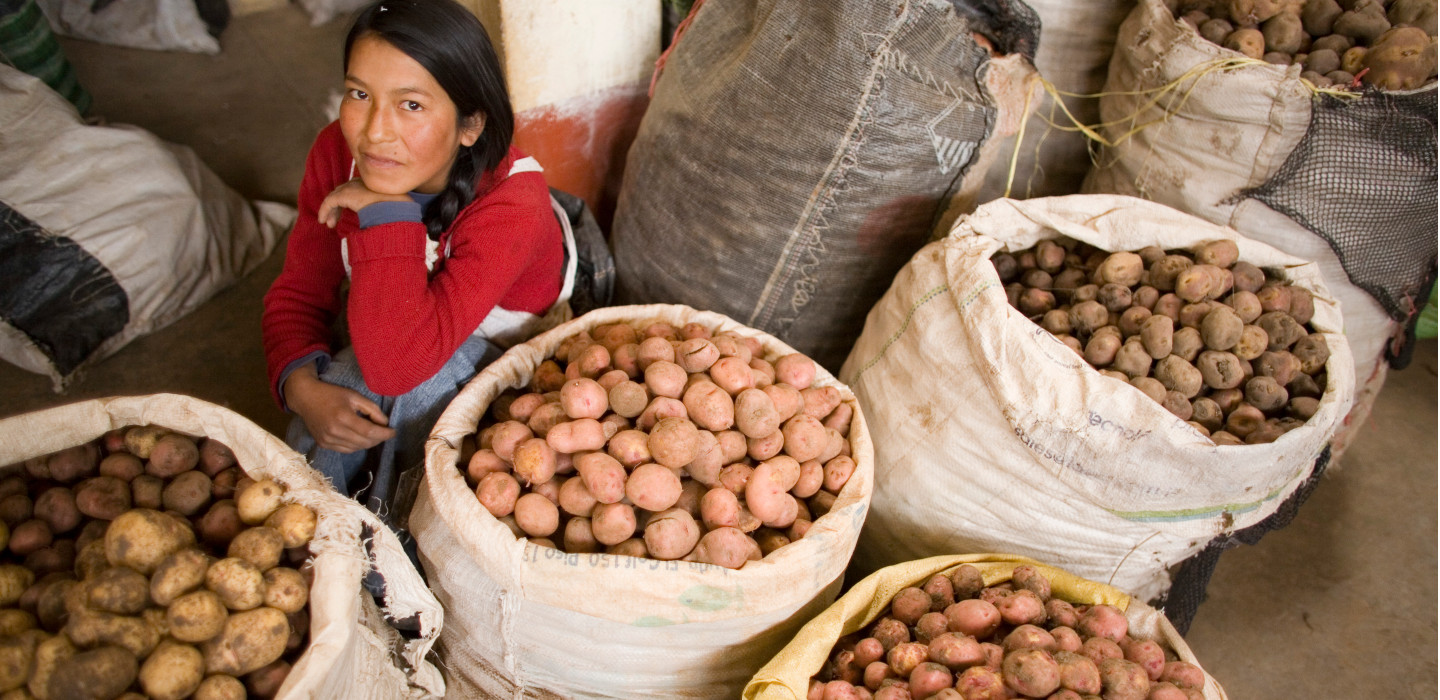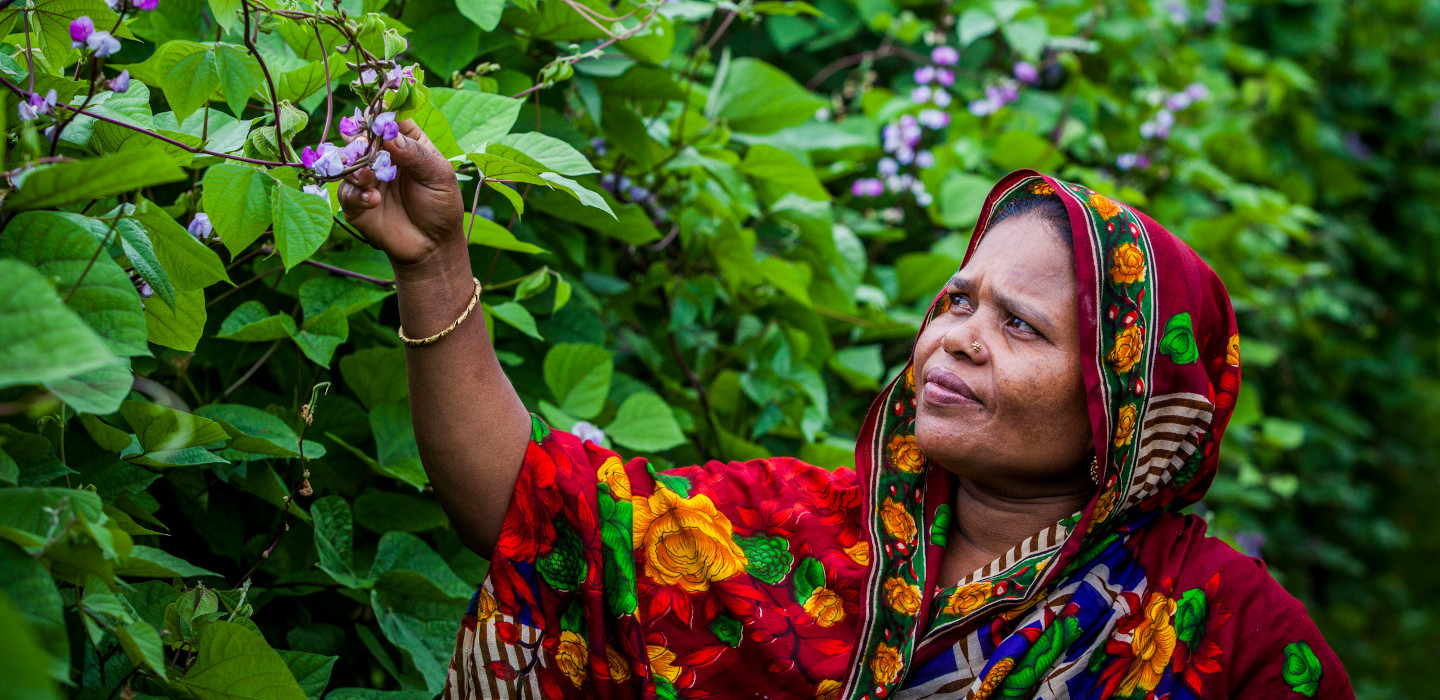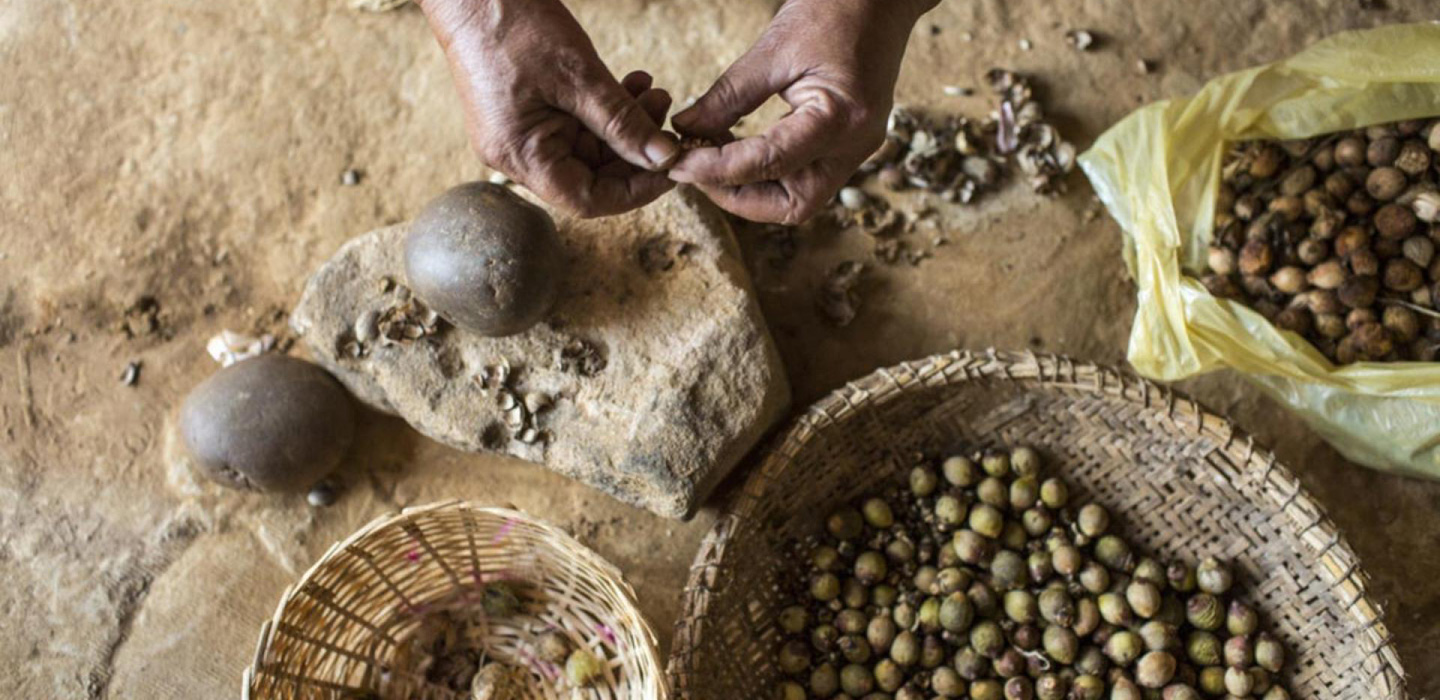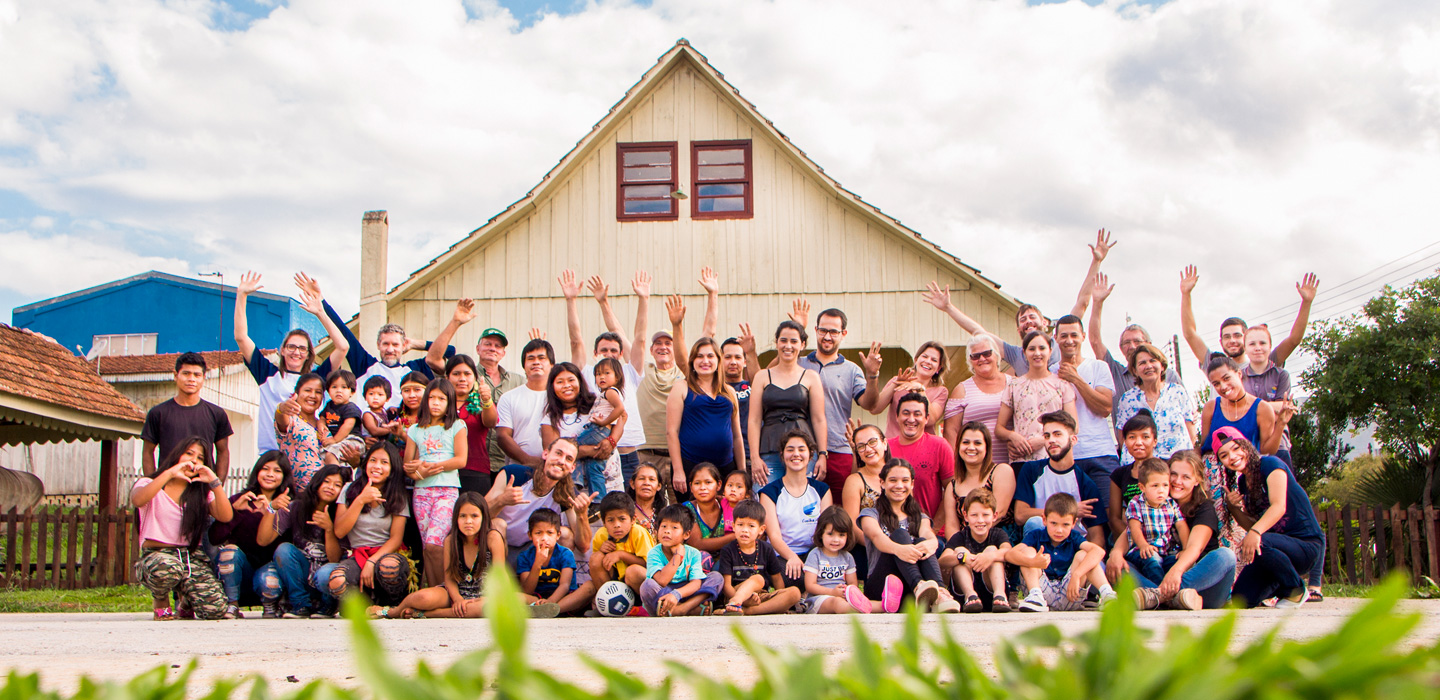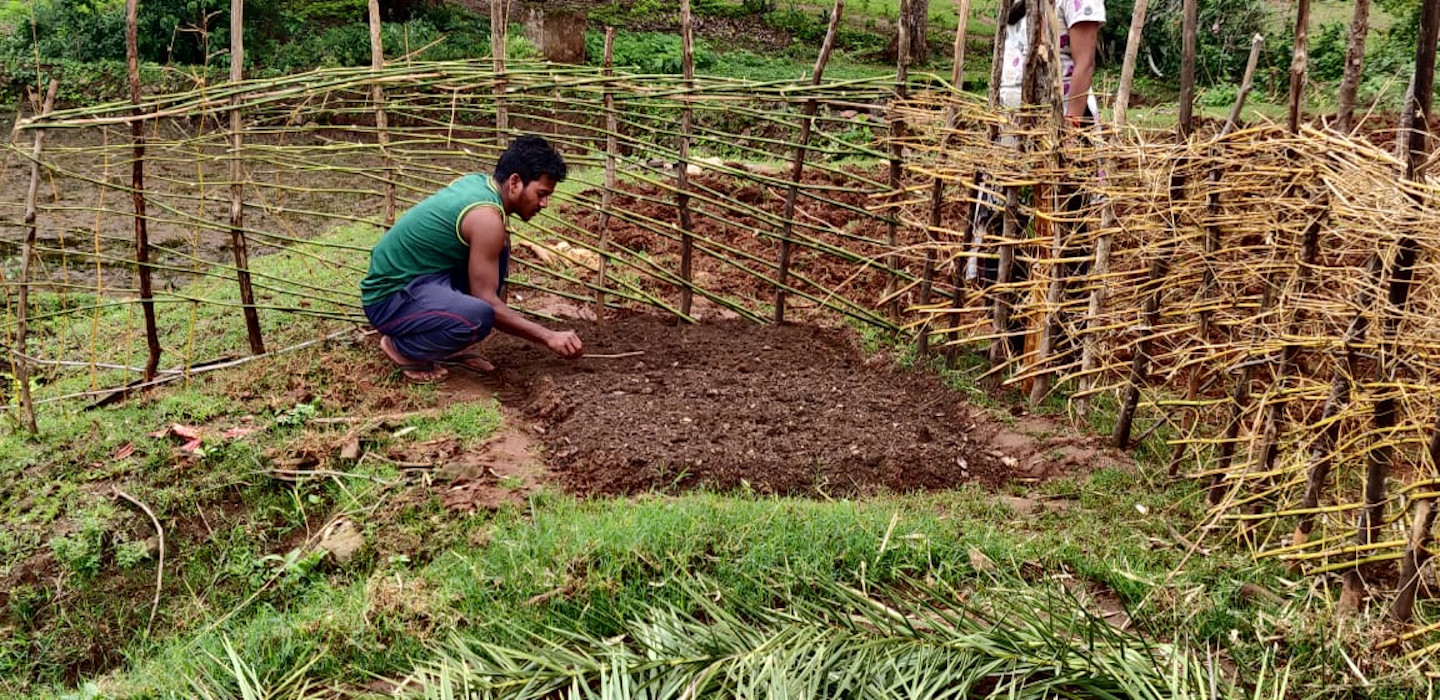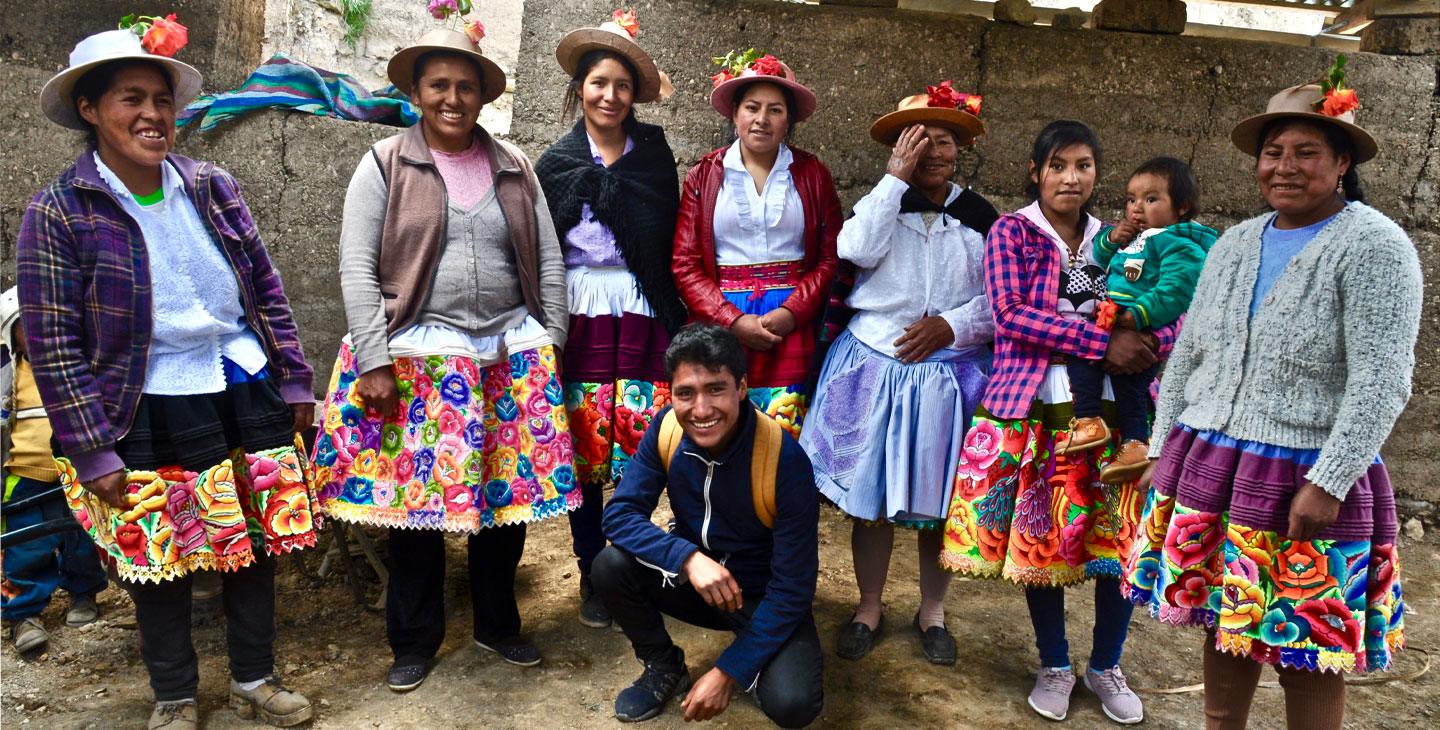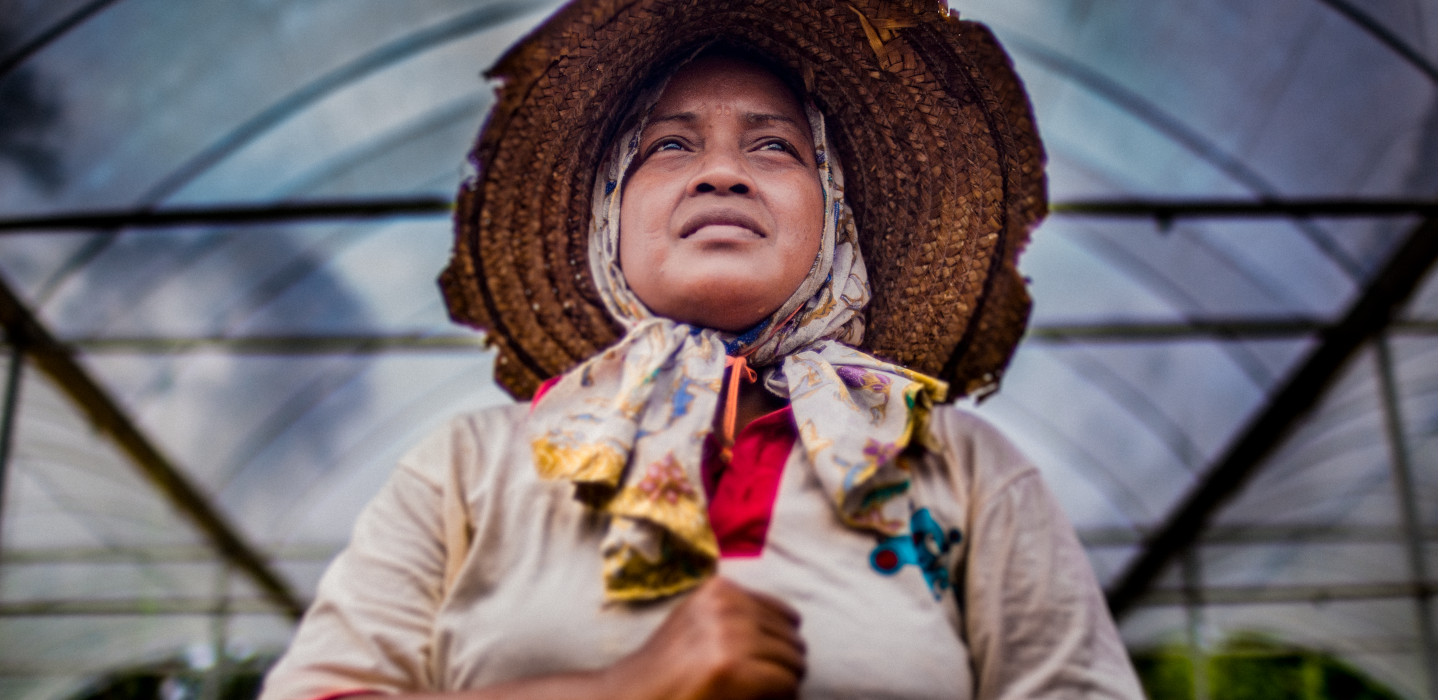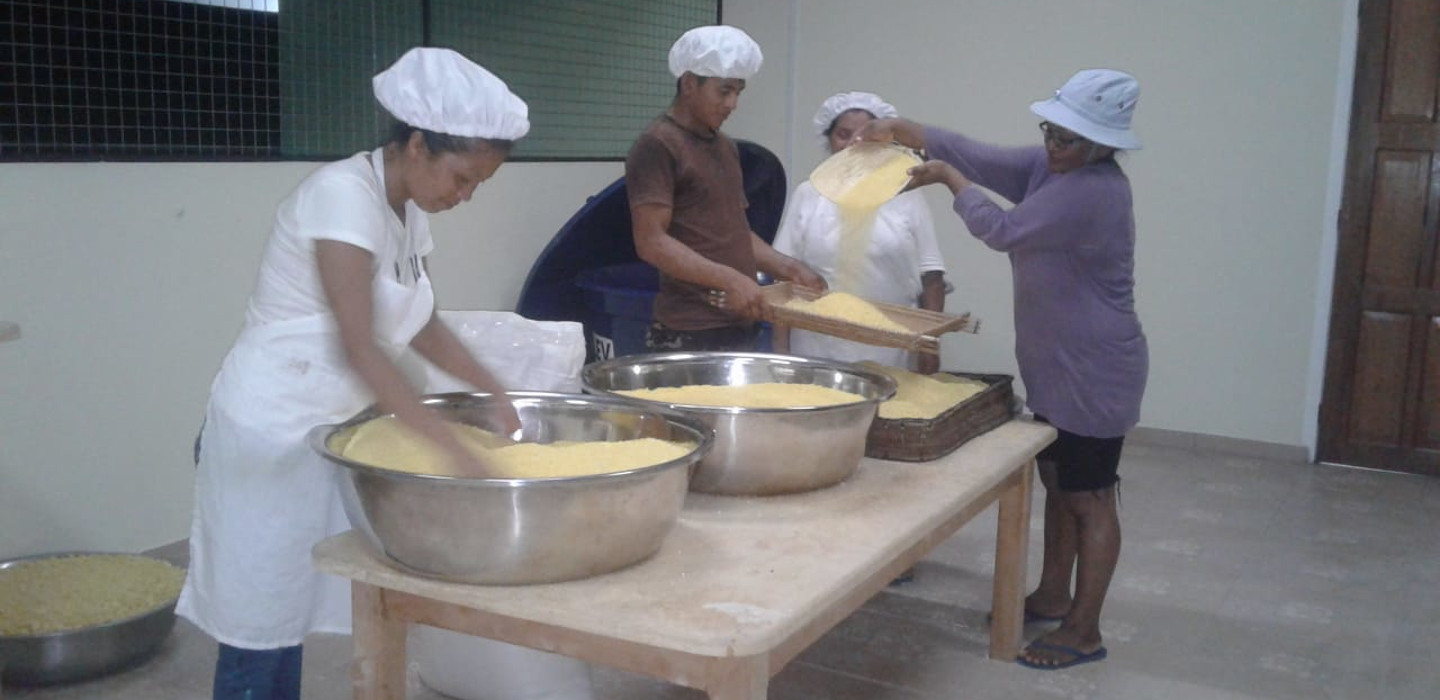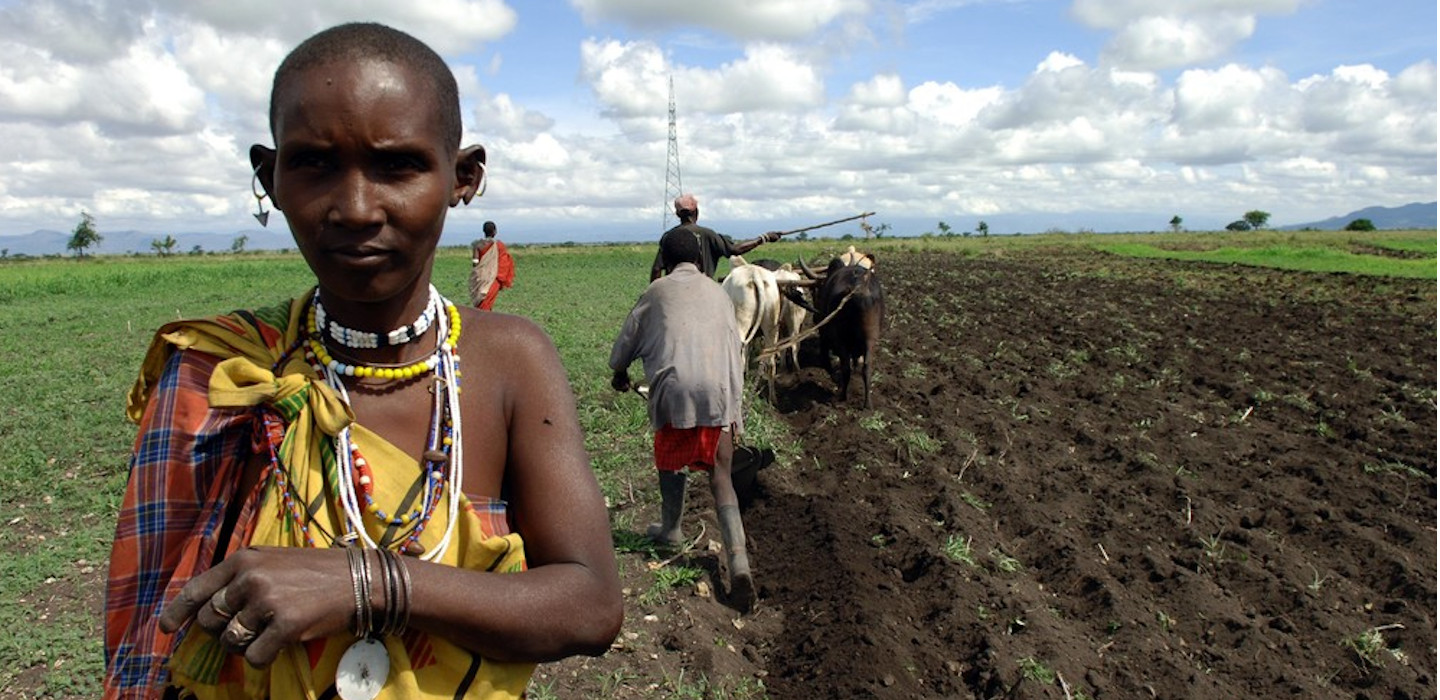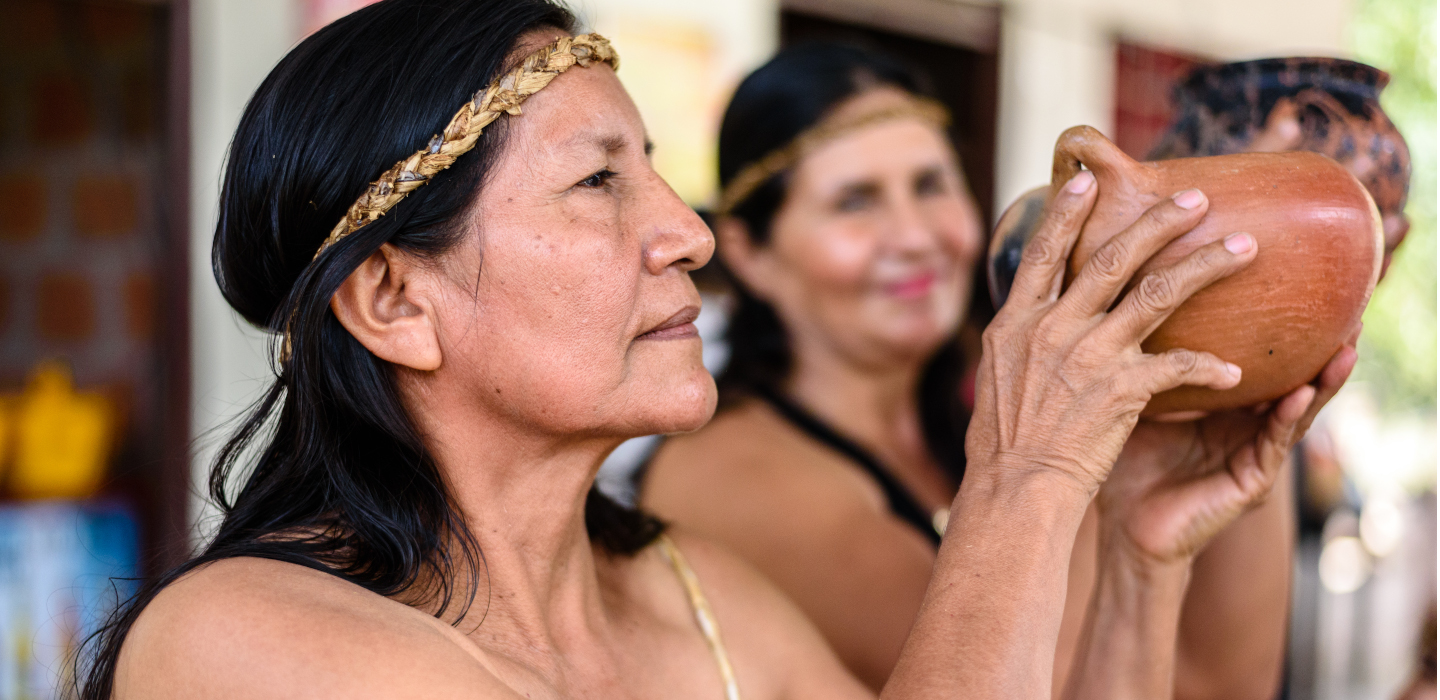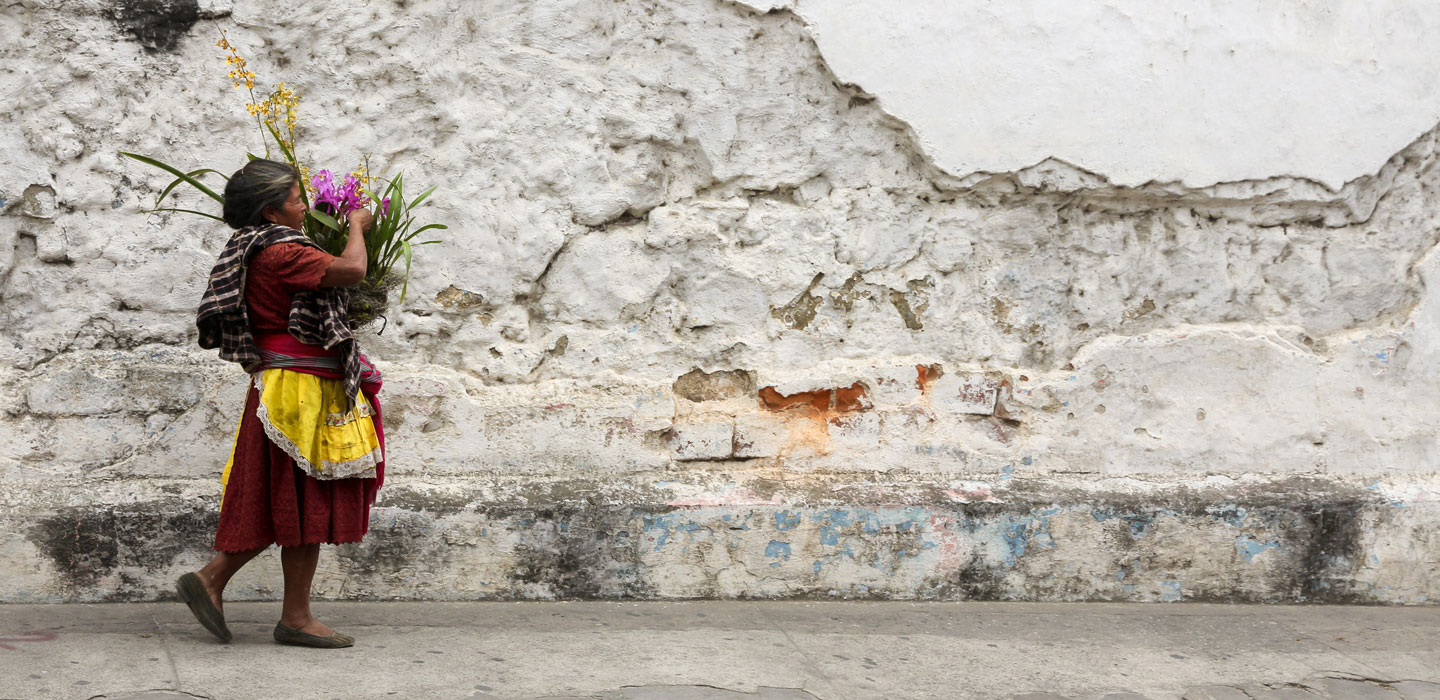Latest
Latest

Latest
Manual Submenu Topics
Search Results Filters
Search Results
Responding to the challenges of a year like no other: IFAD’s 2020 Annual Report
IFAD’s Annual Report provides a concise, compelling and interactive discussion of how we addressed the challenges of the last year.
Recipes for Change: A conversation with Chef Shane Chartrand
For over a decade, Chef Shane Chartrand has been on a personal and culinary journey: figuring out what it means to be of Cree descent and of Métis upbringing, and how to integrate that into being a professional chef living and working in Edmonton, Alberta, Canada, on Treaty 6 territory.
The Maasai of Kenya and the Red Maasai sheep slow food presidium
The rights of indigenous peoples to control their land according to their own needs and decisions is fundamental to protect their livelihoods and defend the biodiversity of native animal breeds and plant varieties.
UN to involve millions of rural people in 2021 Food Systems Summit as part of ambitious public engagement process
An unprecedented commitment to ensure that the voices and opinions of millions of the world’s most remote rural people are at the heart of the United Nations Food Systems Summit was announced today by the UN Secretary-General’s Special Envoy, Agnes Kalibata and the President of IFAD, Gilbert F. Houngbo.
Indigenous Peoples are critical to build a more sustainable post-pandemic world, says IFAD President
Indigenous Peoples have suffered disproportionately from the economic impacts of COVID-19, yet they hold essential knowledge for rebuilding a more sustainable and resilient post-pandemic world, free of poverty and hunger, said Gilbert F. Houngbo, President of IFAD, at the opening of the Fifth global meeting of the Indigenous Peoples’ Forum today.
Indigenous food systems are at the heart of resilience
Indigenous food systems represent a treasure trove of knowledge that contributes to well-being and health, benefiting communities, preserving a rich biodiversity, and providing nutritious food.
Invitation to Indigenous Peoples’ Forum at IFAD: How indigenous food systems can help build resilience to impacts of the COVID-19 pandemic
This year, representatives from Indigenous Peoples’ groups from around 57 countries will meet with development organisations and governments to discuss ways to address challenges and opportunities.
New Vision, New Year – Episode 16
In this month’s episode, we’re focusing on youth and indigenous peoples as agents of change in the developing world.
A year in review: Nurturing resilient rural communities in a time of change
2020 has been a tumultuous year. The COVID-19 pandemic has affected everyone across the world – and meanwhile, the other challenges faced by rural people across the globe haven’t gone away.
Five reasons IFAD is putting small-scale farmers at the forefront of food systems transformation
Our current food systems are not sustainable. Hunger has been on the rise for several years, with an estimated 811 million people worldwide going hungry in 2020 – and with the effects of the COVID-19 pandemic, up to 132 million more people are expected to join this number soon.
Three reasons to invest in land tenure security
For rural people, especially low-income rural people, land and livelihood are one and the same.
Coping with COVID-19: Building Farmers’ Resilience - Episode 11
As the COVID-19 pandemic continues on, many people around the world, including small-scale farmers, are learning how to cope with its various effects.
Youth leaders working towards transformative rural development
From climate action groups to political institutions, youth are taking on leading roles and bringing new perspectives into the table – showing they are not only the future, but also the present.
Indigenous youth in agriculture during COVID-19
The COVID-19 pandemic has forced many people to re-examine everything: their priorities, their jobs, even their roles in society.
Un total de 25 organizaciones impulsan una campaña para empoderar a las mujeres rurales, indígenas y afrodescendientes frente a la pandemia de COVID-19
58 millones de mujeres viven en zonas rurales de América Latina y el Caribe; una parte importante de ellas juega un rol central en la producción y abastecimiento de alimentos
2020 Call for Nominations: Indigenous Peoples Awards
IFAD launches the first call for nominations for the Indigenous Peoples Awards to recognize the efforts and the achievements of development projects that successfully engage with Indigenous Peoples or ethnic minorities living in rural areas.
From project participant to project staff: Priscilla Torres’s story of growth
Although you won’t find the little village of Wowetta on any Internet map, it’s the centre of the universe for Priscilla Torres, a 37-year-old Wapishana woman. A very active and outspoken mother of three, Priscilla is a true community leader.
Indigenous Peoples are crucial partners to build a better post–COVID-19 world, says IFAD President
Indigenous Peoples and their unique knowledge are essential to address the COVID-19 outbreak and to build a more sustainable, resilient world.
Indigenous knowledge – and resilience – in a COVID-19 world
It is increasingly clear that human health and our relationship with nature are inescapably intertwined. This holds true across many dimensions of health, including the potential for the transmission of disease – just as we are seeing with the current COVID-19 pandemic.
Building up family farmers’ resilience through nature-based solutions in Latin America and the Caribbean
Resilience has become the talk of the town in the development community.
